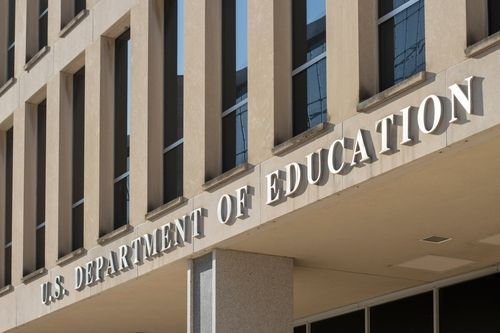On March 11, the U.S. Department of Education made the announcement that it will be slashing about half of its employees, including members of its Vendor and Program Oversight Group, a body responsible for supervising federal student loan services. This move could potentially have negative consequences for those in debt from student loans, as decreased support and fewer options for resolving issues related to loan mismanagement are likely.
The Trump administration has revealed plans to shut down the Department of Education entirely, transferring the federal student loan portfolio to the U.S. Small Business Administration (SBA). The Vendor and Program Oversight Group, a central directorate under the Office of Student Experience and Aid Delivery inside the Federal Student Aid office, was a multi-layered sub-office within the Education Department.
According to the Department of Education, the Vendor and Program Oversight Group ensured that third-party companies, contracted for managing billing, repayment, and customer service for federal student loans, adhered to performance standards and federal requirements.
The overall effects of the layoffs in the Vendor and Program Oversight Group are still unclear, but they likely signal bad news for student loan debt holders. Borrowers are already struggling with a complex and constantly evolving student loan scene. It is expected that with reduced government supervision, a rise in administrative errors and misconduct from student loan services could happen freely. These could include overcharges, diminished customer service for cutting costs, longer wait times, and less support for borrower's queries.
Especially vulnerable are borrowers from low-income communities who already struggle to repay their student debt. The scarcity of government resources and diminished support from loan servicers may lead to a rise in defaults, thus worsening the existing student loan crisis.
The recent downsizing in the Education Department's oversight team indicates a worrying trend for student loan borrowers, potentially eroding the accountability and service quality borrowers should expect from their servicers. In the absence of strong institutional expertise and resources, borrowers could face longer processing times and a heightened risk of loan mismanagement and default.

